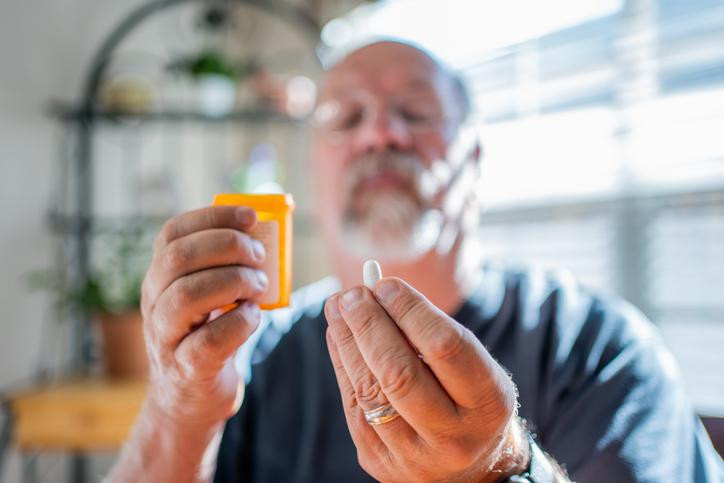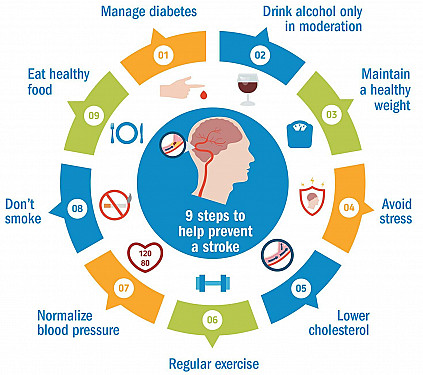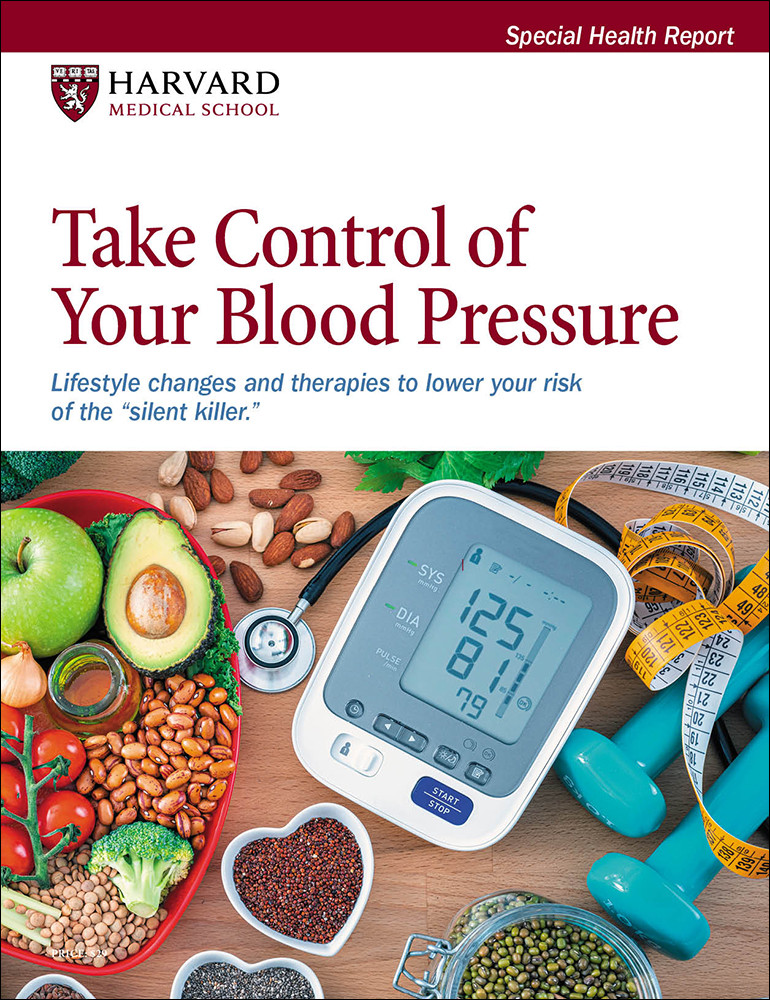New drug shows promise for stubbornly high blood pressure
Research we're watching
- Reviewed by Christopher P. Cannon, MD, Editor in Chief, Harvard Heart Letter; Editorial Advisory Board Member, Harvard Health Publishing

For people with uncontrolled high blood pressure that has not responded to medication, a new experimental drug may be an effective add-on therapy, a new study finds.
Called lorundrostat, the drug works by reducing aldosterone, a hormone made by the adrenal glands that helps regulate blood pressure. Published May 8, 2025, in The New England Journal of Medicine, the study included 285 people who had high blood pressure despite taking two to five blood pressure medications. During a three-week run-in period, all participants went on a standard regimen of two to three blood pressure drugs. For the following 12 weeks, they also took lorundrostat or a placebo and received continuous, 24-hour blood pressure monitoring at the beginning, middle, and end of the trial. Lorundrostat lowered systolic blood pressure (the first number in a reading) by an average of 8 points compared to the placebo. Ongoing trials are evaluating the safety and effectiveness of lorundrostat and related drugs that work in a similar fashion.
Image: © grandriver /Getty Images
About the Author

Julie Corliss, Executive Editor, Harvard Heart Letter
About the Reviewer

Christopher P. Cannon, MD, Editor in Chief, Harvard Heart Letter; Editorial Advisory Board Member, Harvard Health Publishing
Disclaimer:
As a service to our readers, Harvard Health Publishing provides access to our library of archived content. Please note the date of last review or update on all articles.
No content on this site, regardless of date, should ever be used as a substitute for direct medical advice from your doctor or other qualified clinician.
















